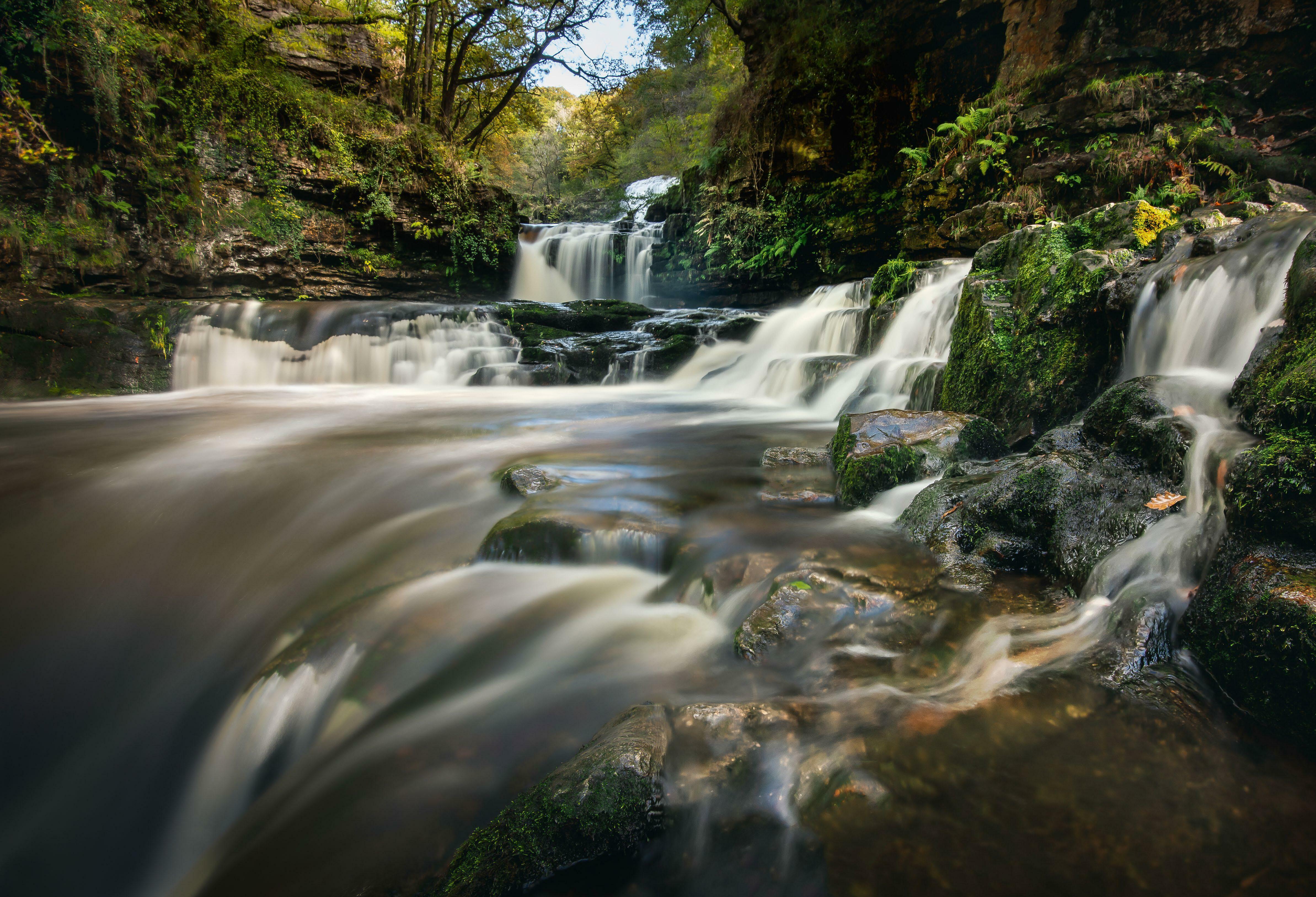
A long exposure is a wonderful way to blur motion in your photography. Rivers, waterfalls, waves and clouds can look stunning when captured as streaks of silky blur.
But when it comes to setting up your camera for a long exposure, how slow do you go? Some parts of a scene may come out better with a really long exposure of several seconds or even minutes, while other areas may be better off with a slightly quicker speed of a second or less. It all depends on the speed of the movement in the scene, and how that translates to blur in your photograph. In our waterfall scene here, for example, the water is moving faster as it cascades down the waterfalls, but flowing slower in the main body of the river. As such, the optimum shutter speed for the fast-moving waterfalls differs to the optimum shutter speed for the slower river.
By shooting separate frames for each while varying our shutter speed then blending together afterwards, we can have the best of both speeds. Of course, it may not always be clear which shutter speed is best until later on, so in this project we’ll show you how to get set up to shoot for a variety of shutter speeds, then blend the best blur from each into a single frame. Along the way we’ll explore the fundamentals of long exposures and explain Photoshop blending techniques.
Depending on whether you want to shutter-blend waterfall photos or any long exposure scene, this technique can help you to achieve better blur every time you shoot.
Get set up for shutter blending
SHOOT LONG EXPOSURES WHILE VARYING SHUTTER SPEEDS OVER A RANGE OF FRAMES
1 Use a tripod
This story is from the February 2023 edition of N-Photo: the Nikon magazine.
Start your 7-day Magzter GOLD free trial to access thousands of curated premium stories, and 9,000+ magazines and newspapers.
Already a subscriber ? Sign In
This story is from the February 2023 edition of N-Photo: the Nikon magazine.
Start your 7-day Magzter GOLD free trial to access thousands of curated premium stories, and 9,000+ magazines and newspapers.
Already a subscriber? Sign In
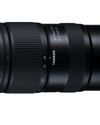
Tamron 28-75mm f/2.8 Di III RXD G2
The original version broke the mould for ‘trinity' standard zooms. The G2 enhances handling and performance further still

Nikon D500
Nikon's flagship DX-format DSLR is a modern classic. And while it hasn't been out of production for long, it left a hole in Nikon's camera line-up that's never been filled

Laurence Griffiths
With so much sporting action this summer, Laurence Griffiths of Getty Images reveals how to catch every goal at the Euros, details Getty Images' 24/7 Olympics coverage and why he always has a wide-angle ready. Keith Wilson managed to grab him before kick-off...
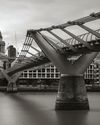
Ghost town
Adam Waring uses ND filters to subdue the hustle and bustle when shooting busy cities
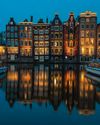
Creative cities
Experienced travel photographer Matt Higgs provides top tips for stunning shots of city sights
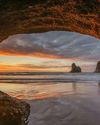
If at first you don't succeed...
Tom travels to the other side of the world to have another go at shooting an elusive image and displays the power of his perseverance
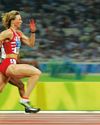
Shoot the summer of sports
Have the Olympics and Euros inspired you to photograph sport? Mike Harris shows you how to score a portfolio of top shots
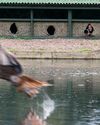
Osprey & prey
Birds of a feather Gary Jones and Leigh Pugh photograph ospreys from a purpose-built hide
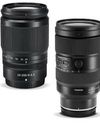
Superzoom lenses
These lenses will have you in for a long stretch, some more than others in the wide-angle to telephoto stakes

Nikon Z 6III
With a revolutionary 'partially stacked' full-frame sensor, the Z 6III fits flagship camera features in an compact enthusiast-level body